The Future of EURO-MENA Relations Conference
Submit a question
Please note the start time of this event has been rescheduled from 10:00am to 11:00am.
The Wilson Center’s Middle East Program (MEP) and Global Europe Program (GEP) were pleased to host The Future of Euro-MENA Conference, the concluding event of The Future of Europe and MENA Relations project. In an increasingly interconnected and multilayered global landscape, the relationship between Europe and the Middle East & North Africa (MENA) region continued to evolve, presenting both new opportunities and enduring challenges that also impacted US national security interests. This conference brought together distinguished scholars and practitioners from Europe, MENA, and the United States to discuss critical topics, including trade, development, migration, and energy security between the two regions.
The conference featured a keynote by Ousmane Dione, World Bank Vice President for the Middle East and North Africa, moderated by MEP Director Merissa Khurma. The keynote panel was followed by two sessions dedicated to discussing the cutting-edge research of the project’s fellows, which are listed below.
The conference will include a light lunch.
Fellows:
- Dr. Asli Elitsoy (University of Copenhagen) will examine how Turkish parliamentarians framed the EU-Turkey Statement of March 2016, focusing on the political discourse around managing irregular migration.
- Dr. Amir Magdy Kamel (Stanford University) explores how EU trade policies intersect with crises in Libya, analyzing the complex role trade plays in conflict resolution.
- Azza Guergues, an independent journalist, will highlight the challenges faced by Refugee-led Organizations (RLOs) in Egypt and Tunisia, offering an on-the-ground perspective on migration management.
- Pier Paolo Raimondi (Istituto Affari Internazionali, Rome & Catholic University of Milan) will provide an in-depth analysis of the EU-MENA energy partnership, focusing on the role of cleaner molecules.
- Alissa Pavia (Atlantic Council) will critically assess the EU's recent migration agreements, particularly with Tunisia, considering their effectiveness and ethical implications.
- Dima Toukan (Integrated International, Jordan) will critique the shortcomings of international development assistance in Jordan, emphasizing the lack of accountability and fragmented approaches to fostering democratic reforms.
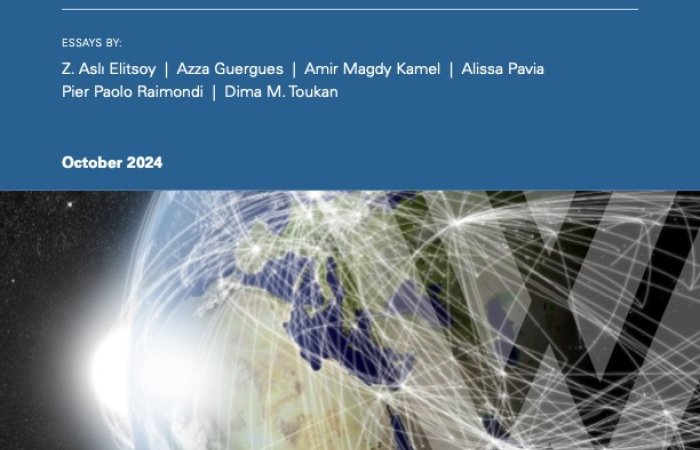
Publication
The Future of Euro-MENA Relations
We are very proud to present The Future of
Euro-MENA Relations, the first edited volume put
together and published jointly by the Wilson Center’s
Middle East Program and Global Europe Program.
It is part of a year-long project that included
discus sions bringing together diverse voices from
the MENA region, Europe, and the United States.
Its goal is to assess the current dynamics of relations
between Europe and MENA in key areas and identify
both challenges and opportunities for the future.
Europe and the MENA region are both integral to
US national security interests; how they interact,
cooperate, and advance their goals impact the
United States both from a geopolitical standpoint as
well as the geoeconomic one.
Speaker
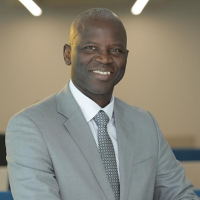
Introduction
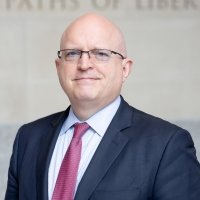
Albright Stonebridge Group, Department of State (ret.)
Moderators

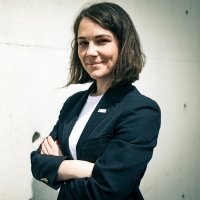

Panelists
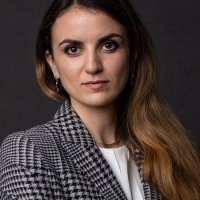

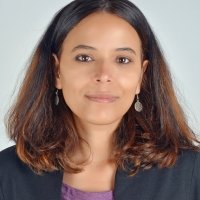
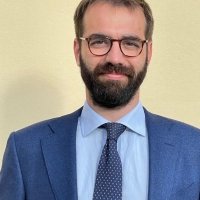
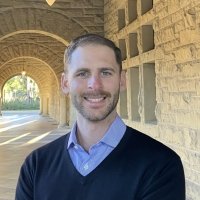

Hosted By

Middle East Program
The Wilson Center’s Middle East Program serves as a crucial resource for the policymaking community and beyond, providing analyses and research that helps inform US foreign policymaking, stimulates public debate, and expands knowledge about issues in the wider Middle East and North Africa (MENA) region. Read more


Global Europe Program
The Global Europe Program is focused on Europe’s capabilities, and how it engages on critical global issues. We investigate European approaches to critical global issues. We examine Europe’s relations with Russia and Eurasia, China and the Indo-Pacific, the Middle East and Africa. Our initiatives include “Ukraine in Europe”—an examination of what it will take to make Ukraine’s European future a reality. But we also examine the role of NATO, the European Union and the OSCE, Europe’s energy security, transatlantic trade disputes, and challenges to democracy. The Global Europe Program’s staff, scholars-in-residence, and Global Fellows participate in seminars, policy study groups, and international conferences to provide analytical recommendations to policy makers and the media. Read more


Wahba Institute for Strategic Competition
The Wahba Institute for Strategic Competition works to shape conversations and inspire meaningful action to strengthen technology, trade, infrastructure, and energy as part of American economic and global leadership that benefits the nation and the world. Read more
